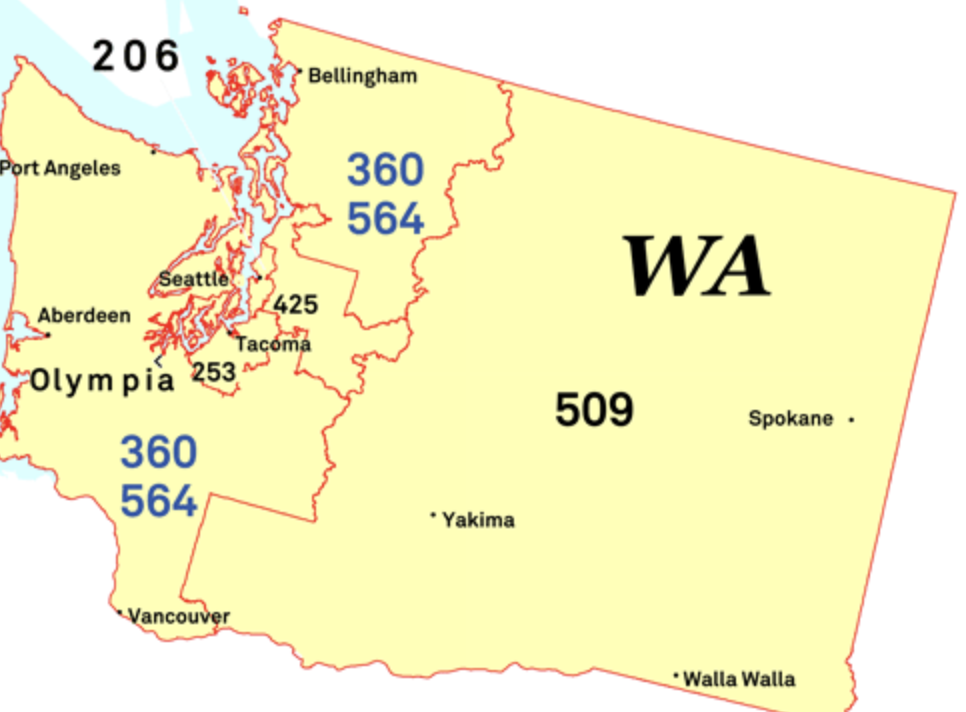

Unfortunately, those phone calls can do a lot more than disrupt your dinner to send you running to the phone just to hear about an offer for an extended warranty on your car. "It's in the services' interest to keep this going and try to disguise it as a consumer freedom issue, when it's all about economics.Robocalls have got to be one the most annoying inventions of the 21st century. AT&T, of course, is one of the companies opposed to Internet freedom." Drawing on the net neutrality debate, Beth McConnell, Director of public interest group PennPIRG, said in a statement, "This is an example of what is at stake in the fight for Internet freedom-a corporation's financial interests limiting consumer choice and access to legitimate, publicly available services. If other cellular operators follow AT&T's example, their actions could carry heavy implications for future consumer calling freedoms. It's clear that in the end, customers are the ones paying the price for this cat-fight between telecom operators. Obviously Siegel is referring to person-to-person calls rather than person-to-people, and Cingular appears intent on enforcing this contrived distinction. We have chosen to do so here."Ĭingular appears to be making an artificial distinction here: when dialing into a conference call, a customer is talking to other people. It's not meant for one person to call one of these lines, and we reserve the right to block calls to a variety of lines. "In the wireless part of AT&T's terms of service, we're very clear that wireless calling is meant for one person to talk to another. Calls from Cingular phones to a 712 number given by in eight different states across the country made it through without incident as of this afternoon, but that's soon to come to an end. Not all numbers to the big conference calling services have been blocked by AT&T/Cingular's network yet. "If this phenomenon were to go unchecked, it would dramatically raise our costs and seriously impede our ability to provide great services at reasonable prices to our customers," said Siegel. In the meantime, Cingular is not waiting on the outcome of the lawsuit to protect itself. The fees for these calls made into 712 are higher than those charged by other exchanges, and AT&T/Cingular has in fact filed a lawsuit against these Iowa-based telcos for what Cingular claims are violations of a number of laws and FCC decisions. These fees are split between the local exchange and the "free" conference call company, which allows them to make a pretty penny. The 712 area code used by these services allows the local carriers to charge a number of subsidies to those carrying the incoming calls due to the location of the tiny, rural exchange.
#Area code 712 conference call free#
Indeed, many of these free services-such as FreeConferenceCall and FuturePhone-work by routing their calls through a local call exchange in Iowa.
-2020_print.jpg)
"Typically these companies run them through local exchange companies that charge high access rates, so we end up paying high access charges." "We have to pay terminating access for every minute the person is on the line," Siegel explained. AT&T/Cingular has begun blocking access to a free conference calling service last week, claiming that such services are costing the wireless giant millions in rerouting and "termination fees." AT&T/Cingular users have been reporting that they no longer can dial into some free conference calling services, and Cingular spokesperson Mark Siegel told Ars that the reason the company has decided to start blocking these services is because high volumes of calls to similar services are costly, and the cost of those calls aren't passed on to the customer.


 0 kommentar(er)
0 kommentar(er)
